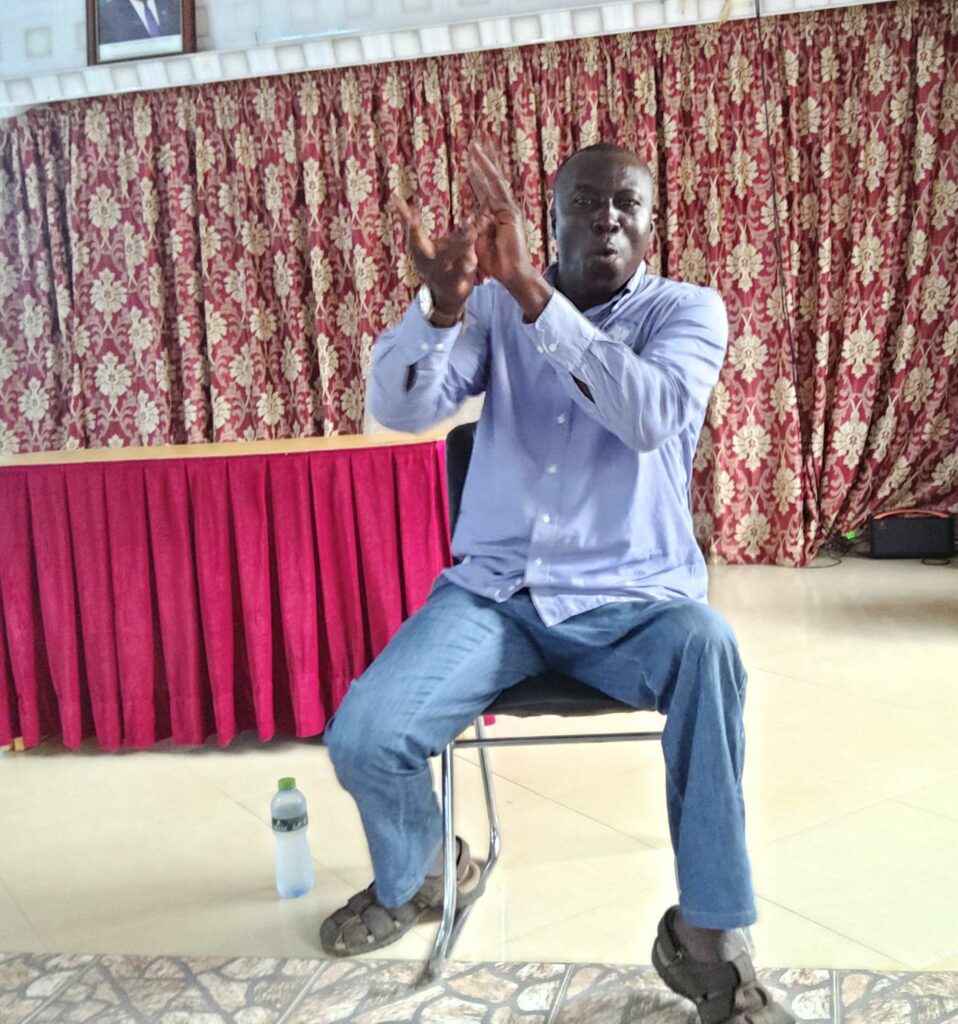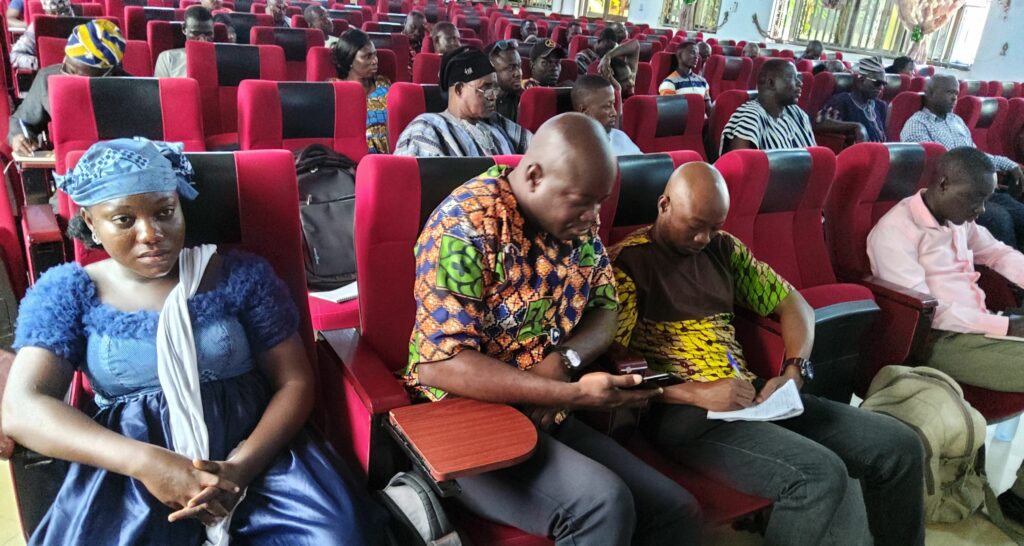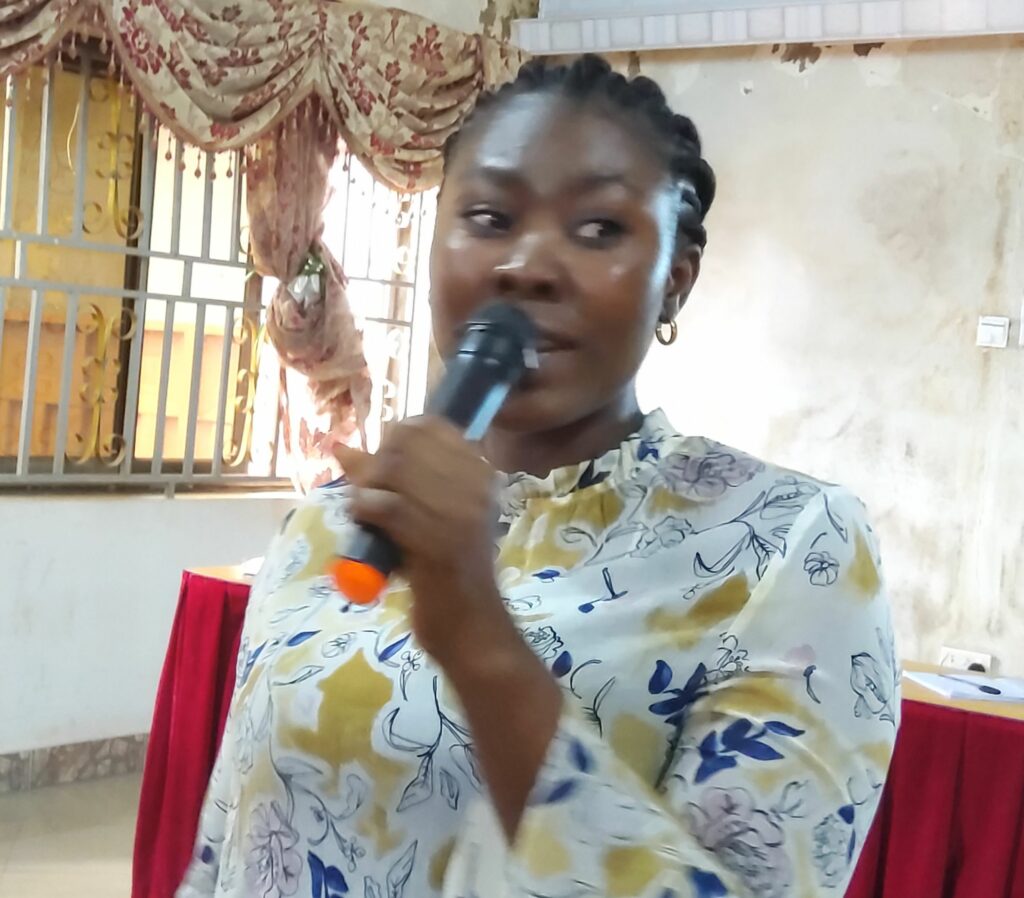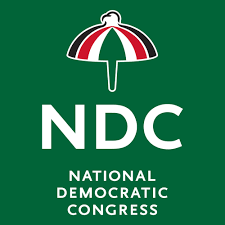The National Development Planning Commission (NDPC) has engaged various stakeholders on the 2022 sustainable Development Goals (SDGs) Voluntary National Review (VNR) report in Damongo.
The two-day engagement on Ghana’s 2022 sustainable development goals – voluntary national review report would provide the progress made in attaining the sustainable development goals agenda 2030.
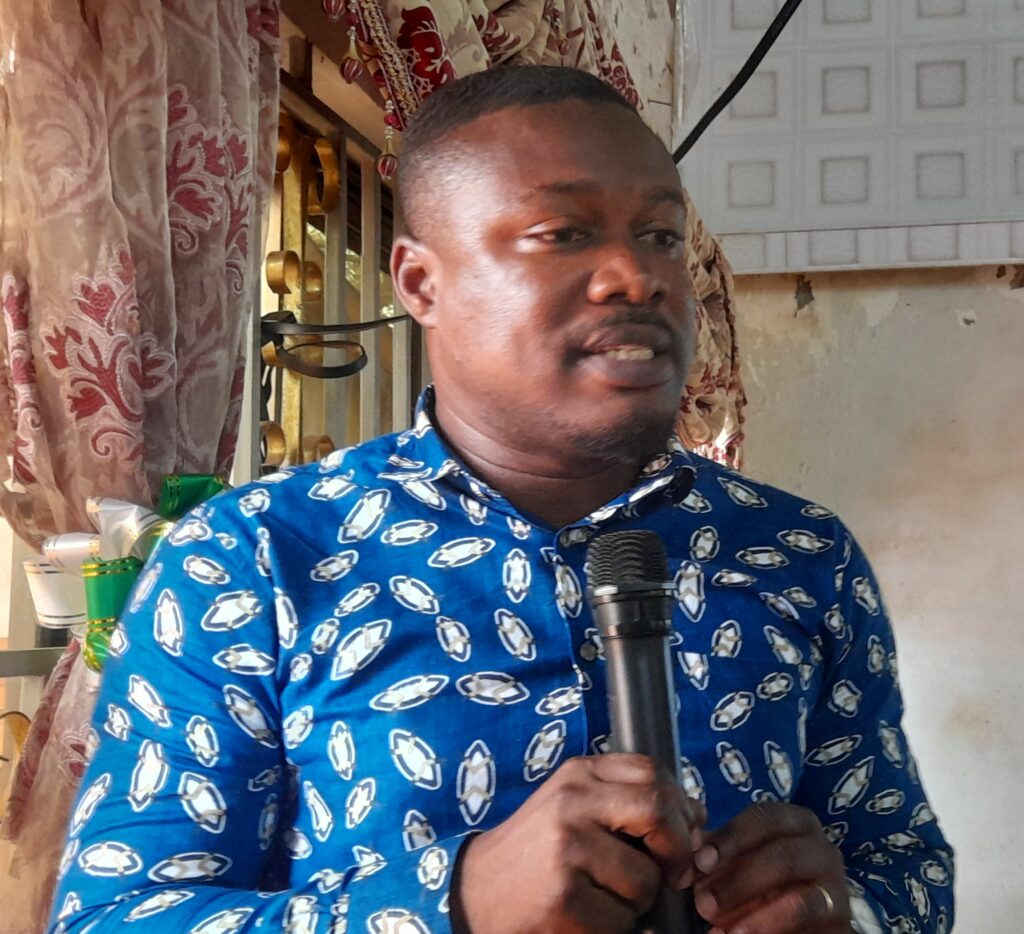
Michael Kissi-Boateng, a Planning Analyst with the Commission, explained that the process which led to the preparation of the VNR report formed an integral part of the agenda 2030 to add many invaluable contributions to the major sustainable development goals progress, challenges and lessons learned.
The engagement was to help identify key and transformative priorities to help in the achievement of the SDGs.
Ghana was among 44 countries that presented their Voluntary National Review report at High-Level Political Forum (HLPF) on the agenda 2030 for Sustainable Development under the aegis of the United Nations Economic and Social Council, in July 2022 and launched the 2022 Voluntary National Review report on the implementation of the sustainable development goals.
The deliberation was, therefore, to provide an opportunity to present and discuss the findings from review process, highlighting the extent of implementation of SDGs and the need for more consensus to accelerate development gains.
The Voluntary National Review (VNR) report is a stock-taking exercise on the status of implantation of the sustainable development goals and the innovative approaches to addressing the challenges involved. It provides the opportunity for countries to share their experiences, including successes, challenges, and lessons learnt, with the view to accelerate the implementation of the 2030 Agenda for Sustainable Development. Ghana’s review process has gone through a series of consultations and meetings with various stakeholders, culminating in the national level on 19th August, 2022 in Accra.
The program brought together stakeholders who are implementing, monitoring and evaluating the Sustainable Development Goals (SDGs) and the public to get involved in the SDGs because it concerns everyone and so everyone must get involved.
The member countries learn from one another. Places where Ghana has good practice in a particular goal, some countries will learn from Ghana and where others have better practices, Ghana also learns from them.
It also gives the member nations the opportunity to create partnerships across the globe to assist in the implementation of the goals.
Kissi Boateng added that it was exciting that all stakeholders are enthusiastic to hear about the National Development Planning Commission’s (NDPC) inclusive Program. So going forward, those who were not directly implementing the goals with enthusiasm will come on board and help push forward to accelerate development of the country.
The PWDs have been lamenting overtime that SDGs goal eight (8), which stands for decent work and economic growth, is not favouring the association.
Kiss Boateng explained that globally, it’s a challenge with PWDs when it comes to decent employment however, Ghana is making strides. The country has come up with some interventions to help them out.
For instance, the percentage of the district assembly common fund that is allocated to them is a plus and government ensure that the funds get to the association through the various local assemblies. The association is also supported with logistics in terms of what they do in entrepreneurship such as fridges, sowing machines, equipment to aid their work and others do receive animals to help them live a good life.
He commended the national council for persons with disabilities for advocating and pushing for a lot of things to be done for them. The NDPC recognises them as one of the stakeholders to work and include them in most of it’s activities.
The NDPC invites them to programs and hire sign language experts to make sure the PWDs are not left out or behind. We need inclusive growth as a country.
The regional coordinating director Adu-Asamoah urged Ghanaians to get involved with issues of development to help the growth and sustainable development of the country and admonished the local assemblies planning and economic officers to work harder to raise the standards of inclusion so that no one would be left behind.
On his part, the regional planning and economic director, Akwasi Baah called on all stakeholders to take matters of development serious since it’s the only way the country could executive her planned agenda.
Christy Adam, a member of the dress making and beauticians association commended the NDPC for running an all inclusive education and sensitisation program and assured they will explain things in detail at meetings levels
Mohammed Iddrisu, the president of Ghana’s federation of disability association and sign language expert said People Living With Disabilities (PWDs) are proud about the recognition given them by NDPC. He said as leaders of various organisations, they will replicate the knowledge learned when they get back to their destinations.
He however, lamented over government’s inability to employ majority of the PWDs to achieve the goal eight (8) of the sustainable development goals, which talks about decent work and economic growth.
Mohammed Iddrisu also appealed to government and all other stakeholders to put up disability friendly structures at both public and private institutions to PWDs in the country.
He added that the disability act 715 (2006) is one important act the association has been following up on government to pass and enforce the law to be at par with the United Nations conventions of equal rights for all.
The association is pushing hard to make sure their members get equal opportunities and treatment in both public and private sectors.
Mohammed called on Ghana health service to employ services of sign language experts at various health centers in the country.
The two days deliberations saw participants being taken through the aspirations of Agenda 2063, “The Africa We Want in 2063”, it’s flagship projects that include development of all sectors.
The program was held on 8-9th September, 2022, at the RCC conference hall, Damongo.
